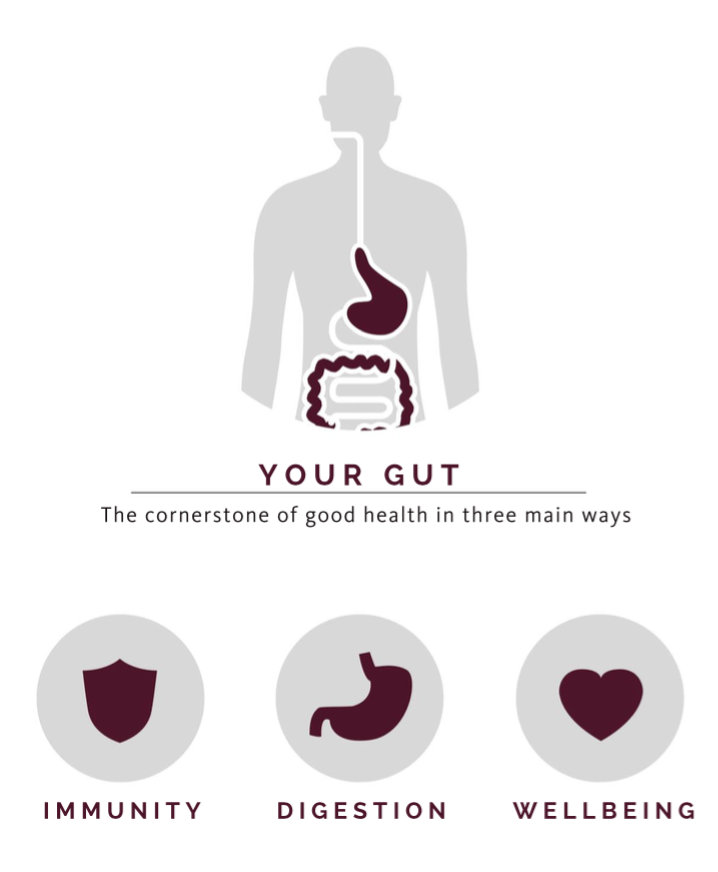Have you ever heard of a gluten-free diet or tried it out? It is one of the most popular diet forms available today.
Before you get started with a gluten-free diet, you need to know what gluten is. To put it simply, gluten is a kind of protein that you’ll commonly find in certain types of whole grains like barley and wheat. However, you need to understand that there are also certain whole grains that are naturally gluten-free like corn, brown rice, sunflower seeds, soybeans, oats, and buckwheat.
While a lot of research is currently happening on the pros and cons of a gluten-free diet, we have listed out some of the benefits of these diets based on some of the most popular claims people trying them out have indicated:
1. Control Immune System Overload
The ability of your immune system to perform at its capacity falls considerably when your intake of iron increases. This is when your body becomes vulnerable to different kinds of illnesses and infections. Remember, conditions like Immune System Overload does not come with any symptoms, so it is important that you get your blood tests done whenever you’re in doubt.
While there are numerous ways to check the amount of iron your body has, the best and the assured way of controlling iron content in your body is to start a gluten-free diet and maintain it all times.
2. Quick recovery time

Athletes and weightlifters can immensely benefit from gluten-free diets as it helps in improving the recovery time considerably. While the debate on whether diets like these actually help lessen the recovery time is still on, there is no denying the fact that these lifestyle changes can definitely help someone who has had gluten intolerance since a long time.
You’ll be glad to know that a number of ‘recovery’ foods and drinks that are available in the market today are actually gluten-free!
3. Improves absorption of nutrients from food
A lot of negative influences can be experienced by your body when it is exposed to a diet that is heavily inclined towards foods rich in grains. This is when your body’s ability to absorb vital nutrients starts falling apart. For example, when you follow a diet that is rich in gluten, the ability of your body to absorb all of the gluten that is taken in by you decreases resulting in a condition called celiac disease.
However, when you follow a gluten-free diet, the ability of your body to absorb all necessary nutrients starts improving and that your health will be back on track once again!
4. Lessen the risks associated with SI (Systematic Inflammation)
Almost all processes associated with SI are technical and complex, as they can result from an already weakened immune system. To counter the threats posed by SI or Systematic Inflammation, most experts recommend sticking to a diet that will include plant-based foods or whole foods. People with SI are also recommended that they stay away from foods containing gluten and casein.
5. Improve gut function and motility

It has been seen in people having gluten intolerance that they have a variety of digestive problems like IBS (Irritable Bowel Syndrome). To solve this kind of problems, experts usually suggest gluten-free diets, especially the ones that don’t contain certain types of whole grains.










